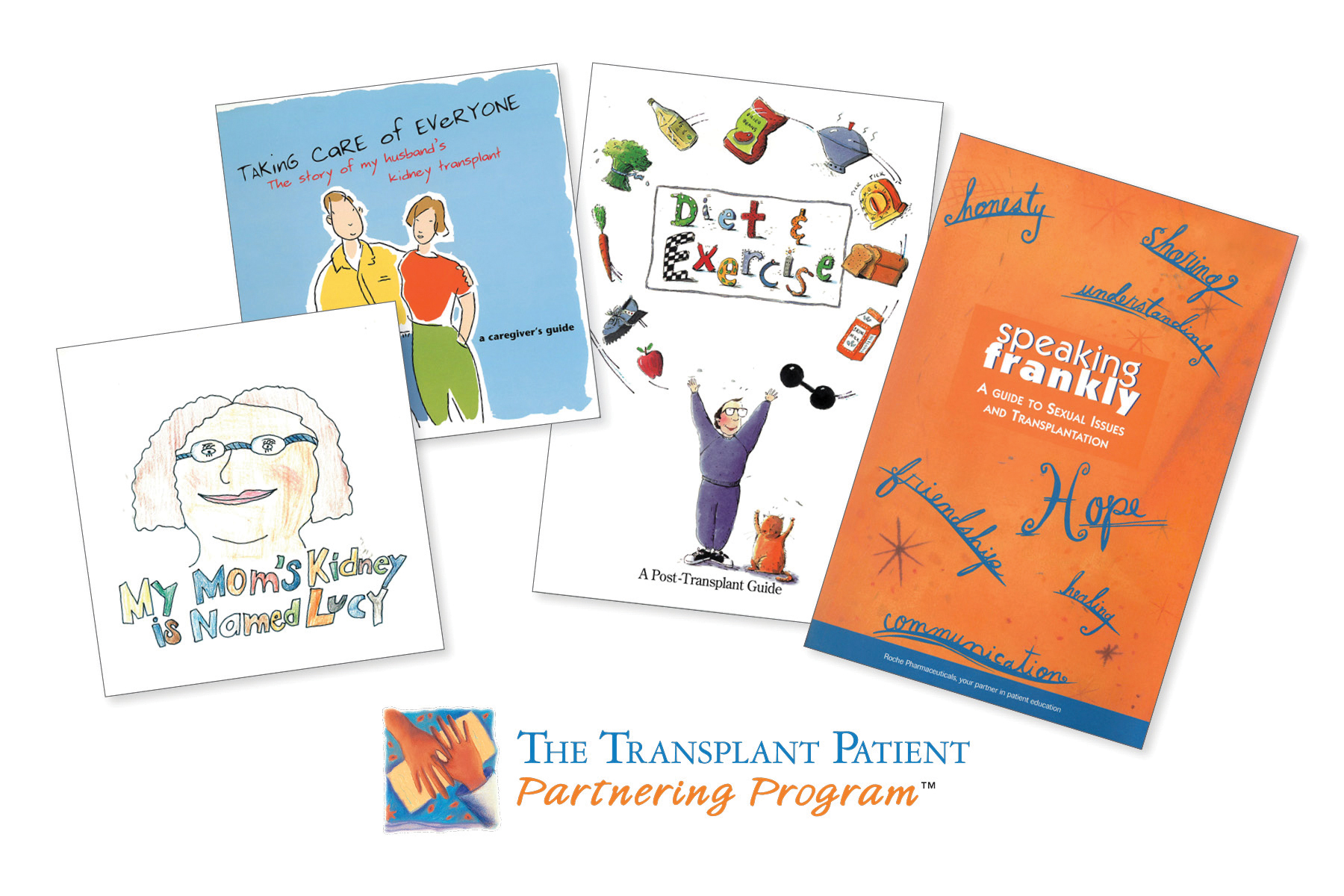Ahnal Purohit, PhD, CEO, Purohit Navigation
 Back in 1985, when Ahnal Purohit and her partner Ed Donahoe founded the firm that later became Purohit Navigation, the concept of healthcare market research was certainly nothing new. But Ahnal’s approach to it was. Thanks to her background in human behavioral research and her PhD in psychometrics, she recognized the impact that behavioral modeling could have on marketing. By founding her firm on the principles of understanding human behavior—whether HCP, patient, or caregiver—and leveraging those insights to find unique solutions to marketing challenges, Ahnal became exactly what the PM360 Vanguard Award was established to honor: An industry pioneer.
Back in 1985, when Ahnal Purohit and her partner Ed Donahoe founded the firm that later became Purohit Navigation, the concept of healthcare market research was certainly nothing new. But Ahnal’s approach to it was. Thanks to her background in human behavioral research and her PhD in psychometrics, she recognized the impact that behavioral modeling could have on marketing. By founding her firm on the principles of understanding human behavior—whether HCP, patient, or caregiver—and leveraging those insights to find unique solutions to marketing challenges, Ahnal became exactly what the PM360 Vanguard Award was established to honor: An industry pioneer.
The Early Impact of Behavioral Modeling
One of the earliest examples of this innovative approach involving behavioral modeling was the development of the first patient sample kits. Dermatology was a crowded, sample-saturated market. In order to differentiate the client’s product, Ahnal and her team mapped dermatologist and patient behavior and found a disconnect between patients receiving a sample and dermatologists receiving patient feedback. This resulted in a lack of product loyalty from patients and HCPs.
So Purohit Navigation developed new sample kits that provided the patient with the opportunity to try the product and enabled the provider to receive comprehensive patient feedback on overall satisfaction and efficacy. Furthermore, the provider could also share feedback and patient results with the manufacturer. This model allowed HCPs to become more engaged with the sample kits and built brand loyalty, resulting in stronger patient loyalty and satisfaction.
Recognizing the Need for Additional Support
Another example of the coupling of behavioral research and execution to inform novel strategies was a kidney transplantation patient support program. At the time, patient support programs focused on HCPs and their patients, often mainly addressing needs related to the disease and its treatment. Through research with HCPs, patients, and patient support communities, Ahnal and her team concluded that patient support programs needed to go far beyond their present offerings.

The biggest change involved the patient’s support community. Spouses, children, and friends also needed their own set of support when a loved one was faced with a life-threatening and chronic illness. Additionally, focusing solely on the direct health effects of kidney transplantation did not address all patient or community needs. Purohit Navigation made sure its patient support program strengthened the bond between patients and their communities. For example, the program offered an illustrated age-appropriate book to discuss kidney transplants with children, as well as materials on sexual health post-transplant for adult couples.
Helping Providers Take a New Approach in HCV and HIV
More recently, the firm’s strategic insights using behavioral modeling have led to a deeper understanding of HCP needs in two distinct infectious diseases: HCV and HIV. Providers understand the urgent need to address these diseases. However, one significant challenge has been the lack of understanding of how to seamlessly integrate diagnosis and treatment into their practice. To address this issue, Purohit Navigation developed support materials focusing on the implementation of protocols to guide and inform patient management in these disease states.
The firm began this comprehensive program by generating insights from key stakeholders within a range of healthcare settings, followed by developing targeted tools and programs that leverage best practices and case studies. Materials were also developed specifically for ancillary staff, such as care coordinators and patient navigators, to ensure that all stakeholders in an institution had the information needed to play an active part in the new protocols.
These are only a few of the many ways in which Ahnal and the company she founded with her partner have used an in-depth understanding of human behavior to identify unique and innovative solutions. And these examples represent only a small portion of the impact that Ahnal has had on the industry. Over the course of more than three decades, Ahnal’s work in establishing and implementing human behavioral research has helped to set new standards and define best practices for all healthcare marketers.








